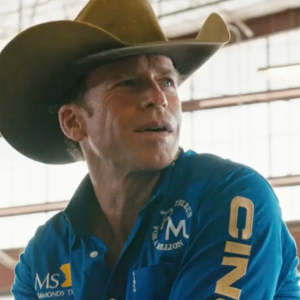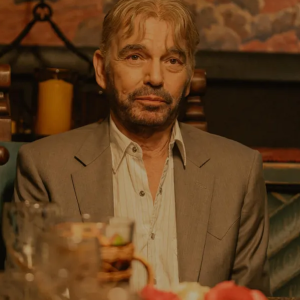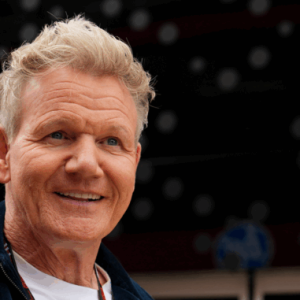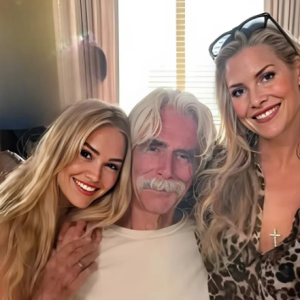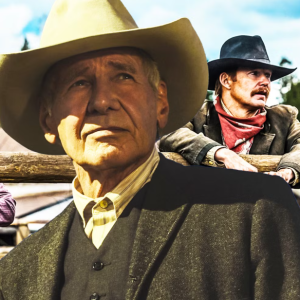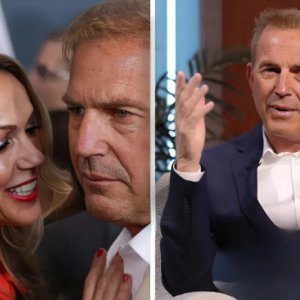Kevin Costner, a name synonymous with quintessential American storytelling and an impressive portfolio of iconic roles, continues to captivate audiences not only through his on-screen prowess but also through glimpses into his down-to-earth persona as a devoted father. Recently observed sharing a quiet family lunch in Montecito, Costner, despite his undeniable Hollywood stature, presented a picture of grounded normalcy, a quality that resonates deeply with the characters he often portrays, none more so than John Dutton of the hit series Yellowstone.
The actor’s ability to seamlessly transition from Hollywood legend to relatable family man mirrors the very essence of the Yellowstone narrative, a saga deeply rooted in family, legacy, and the relentless fight to preserve a way of life. While a casual family outing might seem a world away from the rugged, often violent landscape of the Dutton Ranch, it underscores the core human elements that Costner brings to his roles, particularly the patriarch John Dutton. This underlying authenticity is arguably a significant factor in Yellowstone’s monumental success, allowing viewers to connect with a character who, despite his immense power and influence, is fundamentally driven by a fierce love for his children and his ancestral land.
Yellowstone, created by Taylor Sheridan, has transcended traditional television to become a cultural phenomenon, redefining the modern Western genre. At its heart lies the Dutton family, led by Costner’s enigmatic and formidable John Dutton, owner of the largest contiguous ranch in the United States. The series delves into the complexities of power, land, and family loyalty, pitting the Duttons against a relentless array of adversaries – land developers, rival Native American tribes, and political opportunists – all vying for control of their sprawling Montana empire. Costner’s portrayal of John Dutton is masterful; he imbues the character with a stoic strength, a deep-seated weariness, and an unwavering moral compass, even when forced to make morally ambiguous choices. Dutton is a man out of time, a living embodiment of the Wild West spirit grappling with the encroaching forces of modernity, consumerism, and bureaucratic red tape. His struggle is not just for land, but for the very soul of his family and the principles he believes in.
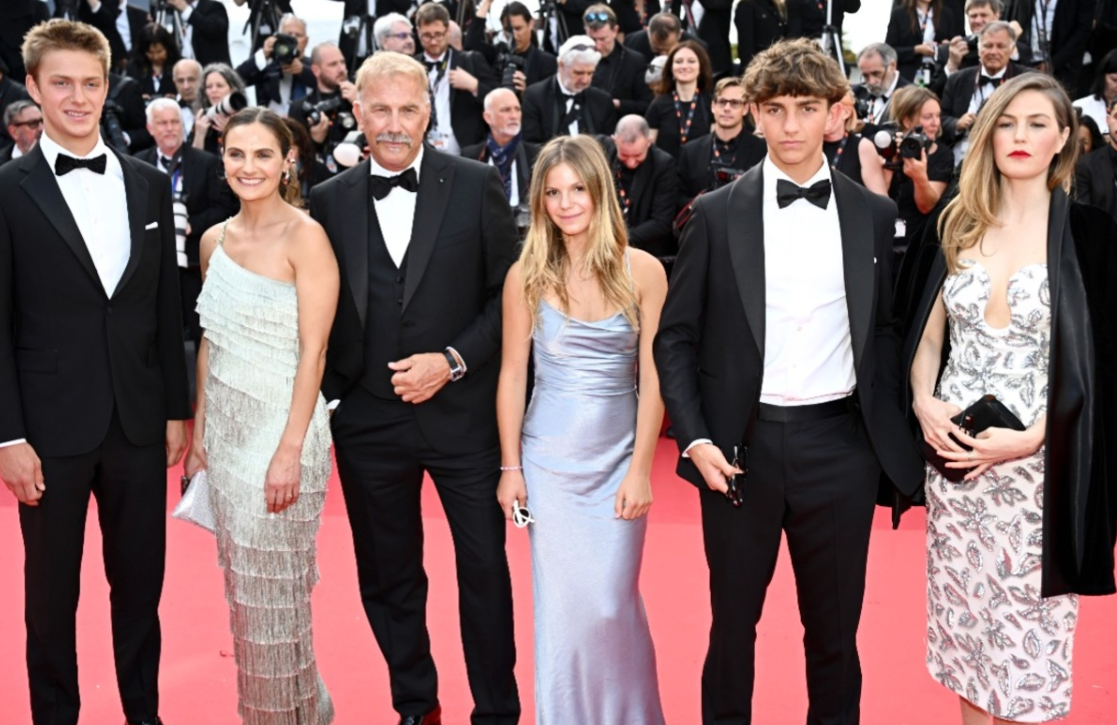
The show’s appeal is multi-faceted. It offers breathtaking cinematography of the American West, intricate and often brutal plotlines, and a rich tapestry of characters who are deeply flawed yet undeniably compelling. Beyond the action and drama, Yellowstone explores profound themes: the erosion of tradition, the environmental impact of unchecked development, the challenges of intergenerational legacy, and the unyielding bonds of family, however dysfunctional they may be. John Dutton, as the central figure, carries the weight of these themes, embodying the struggle to maintain control and heritage in a rapidly changing world. Costner’s deep understanding of the Western archetype, honed through iconic films like Dances with Wolves and Open Range (which he also directed), made him the perfect choice to anchor this epic narrative. His weathered charm and authoritative presence lend credibility to Dutton’s absolute dominion over his ranch and his family.
The narrative of Yellowstone is propelled by constant threats to the Duttons’ way of life. From the ongoing battle with Broken Rock Indian Reservation, led by Chief Thomas Rainwater, over land rights and tribal sovereignty, to the insidious schemes of corporate entities like Market Equities, the Duttons are in a perpetual state of war. John Dutton navigates these complex geopolitical and personal landscapes with a pragmatic, often ruthless, approach. His children—Kayce, Beth, and Jamie—each embody different facets of the family’s legacy and their individual struggles to either embrace or escape the Dutton burden. Beth, a sharp and fiercely loyal corporate shark, defends the ranch with unbridled aggression; Kayce, a former Navy SEAL, grapples with his identity between his family and his Native American wife’s heritage; and Jamie, the adopted son, struggles with his need for validation and his conflicted loyalties, often becoming the family’s most dangerous internal threat. Costner’s interactions with these characters are the bedrock of the show, illustrating the complexities of familial love, duty, and betrayal under immense pressure.
Recently, fan anticipation for the final season of Yellowstone has been particularly heightened due to speculation and reports surrounding Kevin Costner’s potential return as John Dutton. Costner’s expressed desire to rejoin the cast for the concluding chapters of the saga sparked excitement among the show’s devoted fanbase, who eagerly await a definitive resolution to the Dutton family’s tumultuous journey. His reported departure mid-production caused a seismic shift in the show’s narrative trajectory, leaving many questions about how John Dutton’s story would conclude. The possibility of his return not only promises to tie up loose ends but also reinforces his irreplaceable role in the fabric of the series. His mere presence is integral to the show’s identity, and his absence would undeniably leave a void in the dramatic tension that defines Yellowstone.
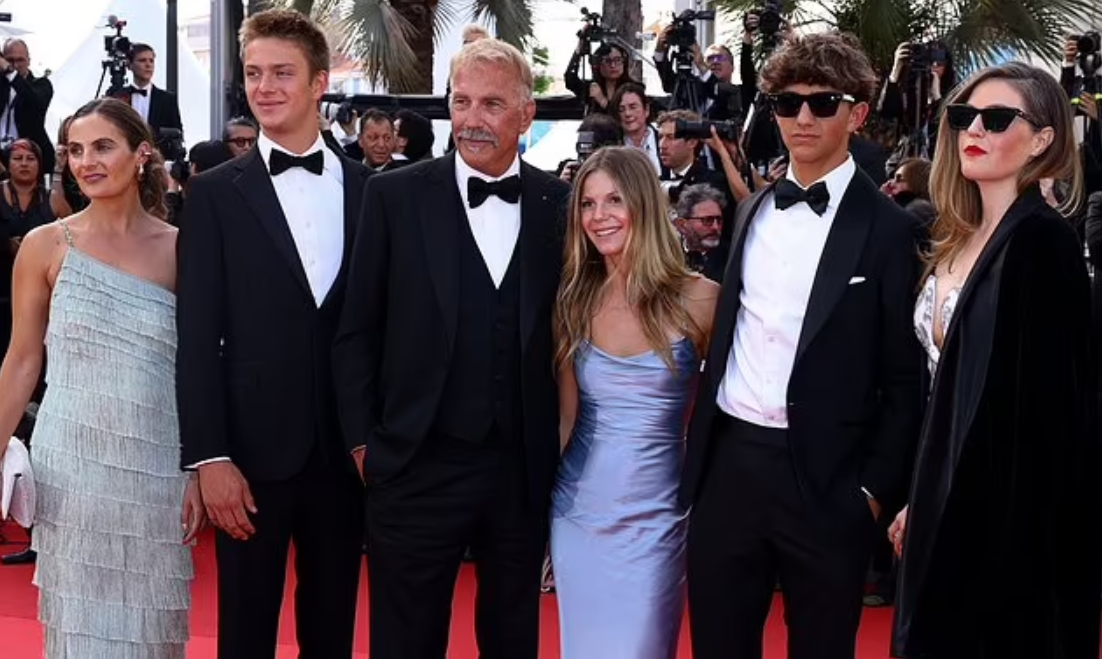
The immense popularity of Yellowstone has also spawned a highly successful universe of prequel series, including 1883 and 1923, which further enrich the Dutton family’s history and solidify their deep roots in American soil. These spin-offs, also created by Sheridan, delve into the hardships and perseverance of earlier generations of Duttons, providing critical context for John Dutton’s unwavering commitment to his land. They highlight the sacrifices, battles, and sheer grit that went into carving out the Dutton empire, reinforcing John’s burden as the current custodian of a century-old legacy. This expansive storytelling not only enhances the main series but also entrenches Costner’s John Dutton as the culmination of generations of struggle and determination.
Ultimately, Kevin Costner’s enduring appeal, whether seen through the lens of a doting father or a formidable rancher, lies in his ability to embody authentic American values and struggles. His recent public appearance serves as a gentle reminder that behind the iconic roles is a man who values family, much like the character he brings so vividly to life. His dedication to both his personal life and his craft reinforces his status as a true Hollywood legend. As the final act of Yellowstone approaches, Costner’s potential return as John Dutton is not just about concluding a television series; it’s about honoring the profound impact this character and the broader Yellowstone narrative have had on popular culture, further cementing Costner’s legacy as a master of the contemporary Western and an actor whose authenticity resonates deeply with audiences worldwide.
